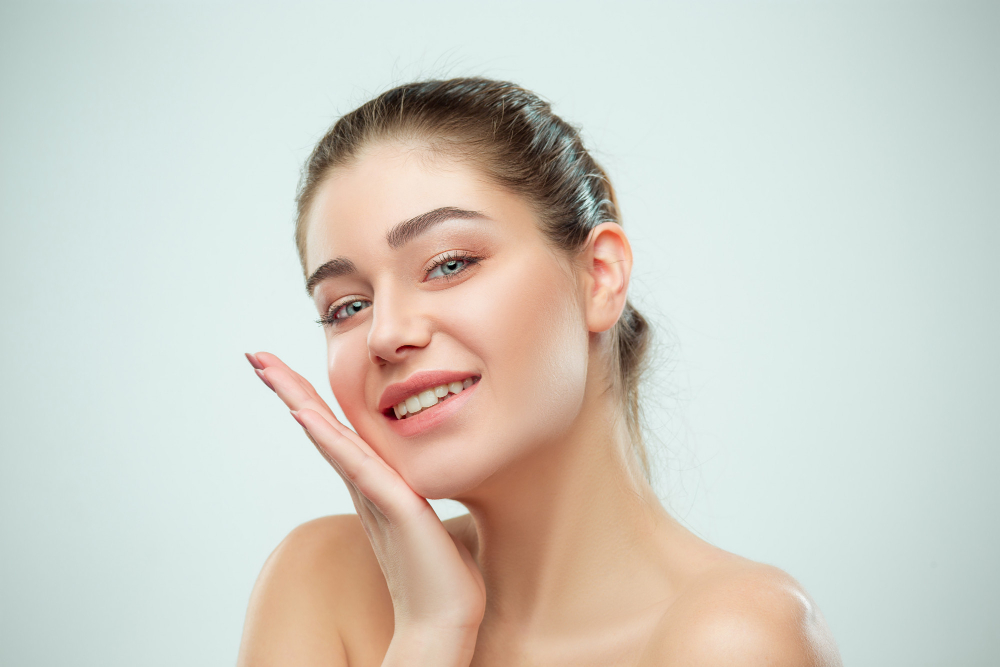Retinol is a powerful acne therapy, according to studies. However, specific individuals, such as those who are pregnant or nursing, may prefer to use acne treatments that are similar in effectiveness but have fewer adverse effects.
This article describes tretinoin, including what it is, how it works, any side effects it may cause, how it differs from retinol and adapalene, and what you should discuss with your doctor before taking the medication.
It is what?
A retinoid, or vitamin A derivative, is tretinoin 0.1 cream. It frequently appears in prescription-only acne medicines.
Curing acne may also help with fine wrinkles and dark spots brought on by sun damage.
Tretinoin is the generic name for numerous synthetic forms of vitamin A, such as:
- Atralin Avita
- Refissa
- Renova
- Retin-A
Uses
Tretinoin is available as the oral medication isotretinoin as well as in topical products like gels and creams.
The Food and Drug Administration (FDA) has approved topical tretinoin formulations for the treatment of acne vulgaris.
The FDA has also approved using oral tretinoin, often known as isotretinoin, to treat severe nodular acne.
Benefits
- Retinol has the following benefits, may experience:
- decreasing the appearance of small wrinkles and dark spots
- improving skin texture
- decreasing the frequency and severity of acne outbreaks
- clearing up existing acne
Retinoids, such as tretinoin, stimulate the formation of skin cells and speed up their growth and division. By doing this, dead skin cells are eliminated more quickly, and the pores are kept free of pathogens and other irritants.
According to a Trusted Source review, buy tretinoin cream increases the production of collagen and promotes the growth of new skin cells. The two results could result in fewer wrinkles and fine lines.
A number of the inflammatory processes associated with acne are also prevented by tretinoin, according to Trusted Source, which may help clean up existing lesions and prevent flare-ups in the future.
Effectiveness
The effectiveness of tretinoin in treating acne and sun-damaged skin has been well studied.
Trusted Source cites clinical evidence that supports the use of topical tretinoin peels for sun-damaged skin.
According to a 2019 study, Trusted Source reports that teenagers between the ages of 12 and 18 who used a lotion with 0.05% tretinoin saw a significant reduction in both inflammatory and noninflammatory acne lesions.
A study by Trusted Source found that oral and topical tretinoin are effective treatments for inflammatory acne in adults and adolescents.
Furthermore, it seems that tretinoin functions effectively when used with other acne treatments, such as
- Acetic acid
- Benzoyl peroxide and clindamycin
How tretinoin compares to retinol and adapalene
The tretinoin cream 0.025 is one of many retinoids. Two other well-known retinoids that promote the production of skin cells and collagen are retinol and adapalene.
Retinol
In contrast to tretinoin, a synthetic retinoid, retinol is a vitamin A derivative that is naturally occurring. It is also gentler and less irritating than tretinoin. As a result, retinol might be more suitable for people with sensitive skin.
In a 2015 study, 120 women thought retinol and tretinoin were equally effective at boosting.
- pores and lines
- uneven coloration
- sunkissed skin
Fewer participants in the group receiving retinol treatment reported adverse side effects than those receiving tretinoin.
Adapalene
Adapalene, a third-generation retinoid, is used topically to treat acne.
The National Library of Medicine claims that this medication is equally as effective as tretinoin. However, adapalene has a superior track record for safety.
Adapalene is an ingredient in the over-the-counter (OTC) gel Differin Trusted Source.
It is important to let your doctor know before using any retinol-based acne treatments in case a prescription is required.
With a dermatologist or other medical professional, you can go over the benefits and drawbacks of this medication.
- People should consider discussing the following matters with their doctor before using tretinoin: whether they are currently breastfeeding, planning to get pregnant or spending a lot of time in the sun.
- if they have any skin allergies and if they are currently taking any medications.
Summary
Retinol is a synthetic retinoid derived from vitamin A. It is widely applied to improve the texture and appearance of the skin, treat acne, and reduce wrinkles.
There is a commonly available oral tablet form of the medication as well as a topical cream or gel type. Tretinoin-based acne treatments also require a doctor’s prescription.
A clinical study found that tretinoin cream 0.05 helps heal sun-damaged skin and acne; however, it may have the following side effects:
- gastrointestinal issues
- gastrointestinal issues that sting
- skin irritation
Patients can, however, discuss the benefits and drawbacks of the medicine with their doctors.
Retinol and adapalene are two over-the-counter retinoids that are less potent. These medications should not be used by people who have sensitive skin or who have had a bad reaction to tretinoin.
negative outcomes
Despite its advantages, tretinoin may have unfavorable effects, such as:
- Warm-to-the-touch skin that is peeling, dry, or red, stinging or blistering near the application spot, and whitening of the skin where the treatment was made
- Retinoids like Tretinoin can cause the skin’s outer layer to thin, making it more vulnerable to sun damage.
- Medical professionals advise anyone using retinoids to always wear sunscreen.
Also read :



Recent Comments